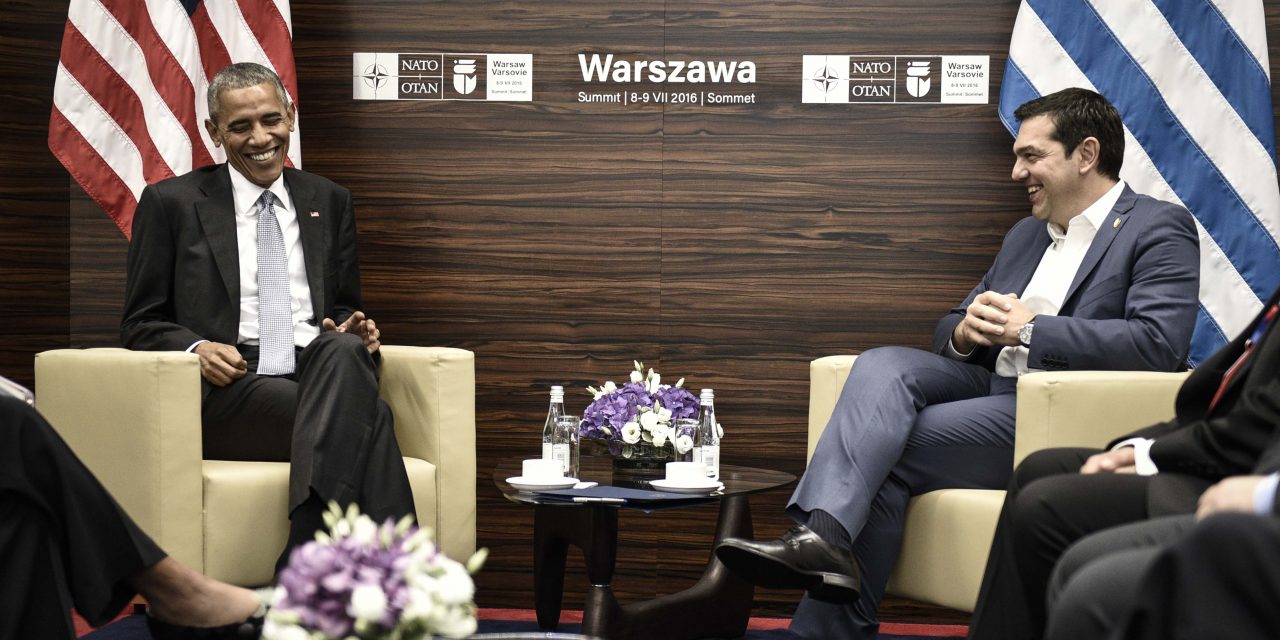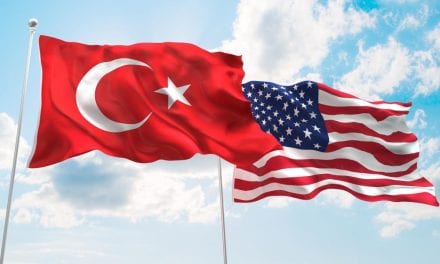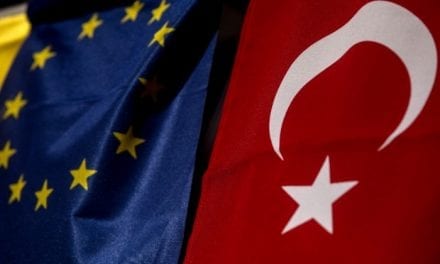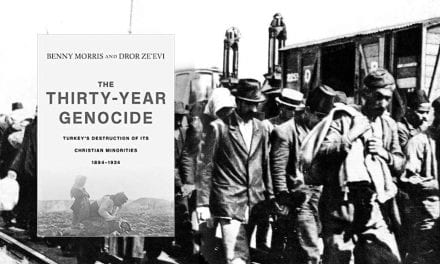By Alec Mally, New Europe
Another almost unnoticed (by Washington) Greece-U.S. bilateral meeting happened on the sidelines of the Warsaw NATO Summit July 9.
Although this meeting was barely on the radar in Washington, the Greek side has been flooding the domestic airwaves with detailed reports of the 30-minute Tsipras-Obama session. It is worth contrasting the very short White House comments with the extensive Greek reporting. So far, all we have from a White House official is: “The President commended Greece’s cooperation with Turkey to reduce irregular migration and encouraged longer-term U.S.-Greece defense cooperation” (this is a NATO Summit after all) and as general background the press in Warsaw was told that “the leaders discussed the progress that Greece has made in addressing economic challenges and that President Obama encouraged Greece to continue implementing economic reforms.”
Now let’s contrast this with the official Greek take on the meeting, via the official ANA-MPA News service, which also claims the U.S. side requested the meeting with PM Tsipras in Warsaw.
Debt: Even though this is a NATO Summit, PM Tsipras chose to throw the debt issue into the mix, clearly to show his compatriots he is doing something instead of passively accepting the Eurozone’s plans to move slowly. The only problem is that the U.S. does not hold any important amount of the Greek debt. The Greek side reports that Obama agreed to send ever-energetic Treasury Secretary Jack Lew over for a chat.
Refugee Crisis: If the U.S. side requested the meeting, this issue would likely be the reason. PM Tsipras reportedly briefed POTUS (President of the United States) on Greek crisis management efforts, and they discussed NATO’s important supporting role in reducing refugee flows. This actually looks like time well spent, and the Greek Defense and Foreign Ministers were there to provide additional information. The refugee crisis always underscores to American leaders Greece’s key geo-strategic position and its current exposed condition.
Cyprus: Let’s face it, there is never a bilateral meeting between Washington and Athens where this issue is not raised. There are no indications of movement on Cyprus from this meeting, but President Obama underscored his commitment to work for progress.
A word about process is important here. When POTUS is scheduled to attend a major multilateral meeting on any subject, the U.S. Government’s national security/foreign affairs bureaucracy takes over. Planning for these all-too-routine but still important bilateral side meetings usually starts months earlier. In the case of the Warsaw NATO Summit, the task of compiling and rank-ordering potential interlocutors for POTUS fell to the State Department’s NATO office, based in the European and Eurasian Affairs Bureau. They would query all the appropriate State Department country desks and check with our Mission to NATO in Brussels, at a minimum. Eventually a coordinated list of recommended bilateral meetings is sent to the National Security Council. Working with other components of the White House, domestic political considerations are factored in, like U.S. ethnic group outreach as well as fundraising impacts on the upcoming U.S. elections.
So what? It’s pretty standard stuff except that it’s hot news in American ethnic group publications and back in the country in question, where analysts will derive “strategic conclusions” from which bilateral meetings actually happen. We don’t actually know which countries requested bilateral meetings with POTUS and did not make the list. In the case of Greece we should not exclude the possibility that a bilateral meeting in Warsaw was briefly discussed when incoming Greek Ambassador to Washington, Haris Lalacos, recently (June 29) presented his credentials to President Obama. Also, we should not forget that Greece has been bypassed dozens of times by President Obama in his global travels since 2009, although frequently stopping in nearby countries, so some in the White House may feel the need to offer Greece a few extra bilateral meetings as a consolation prize.



















